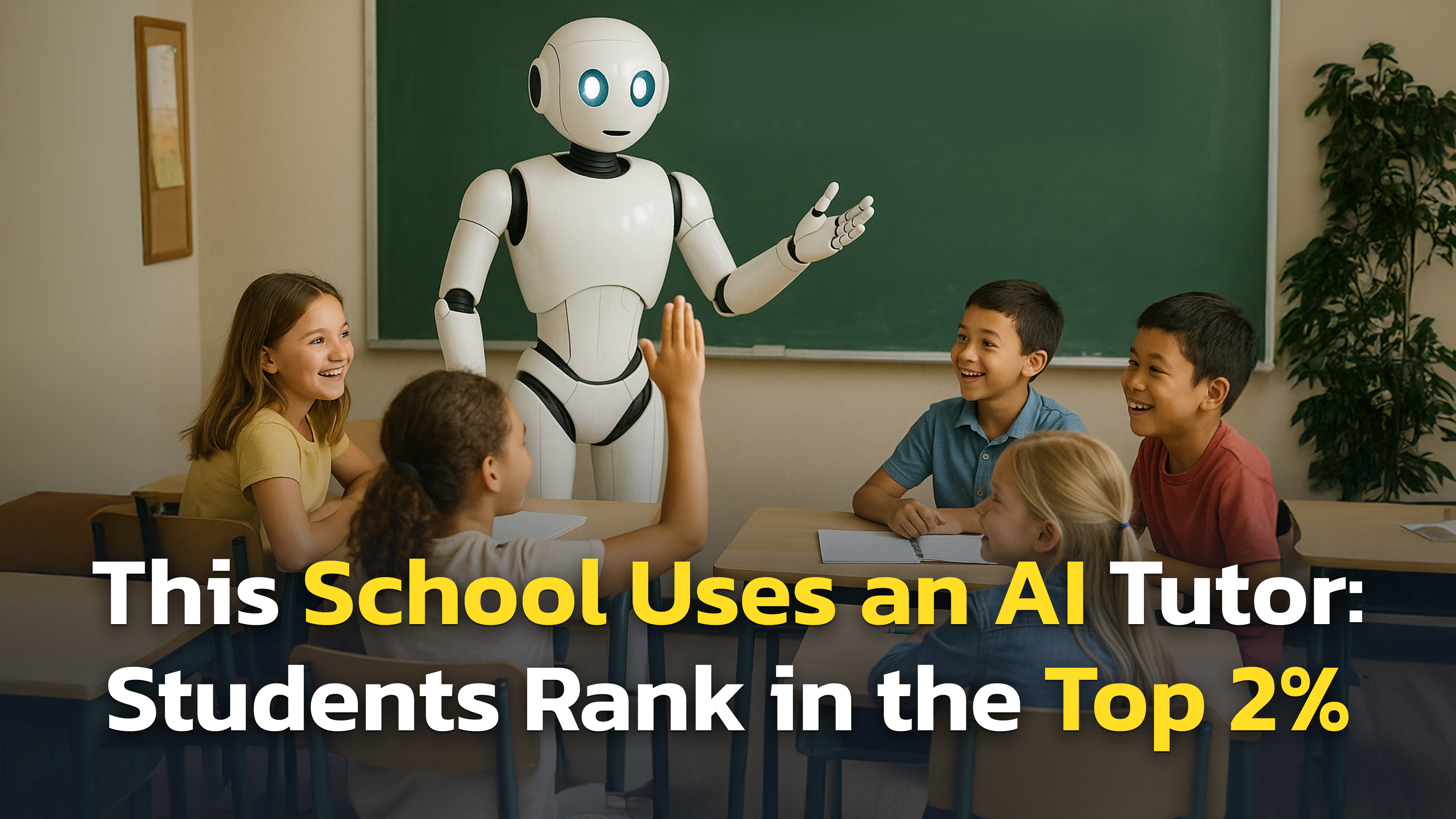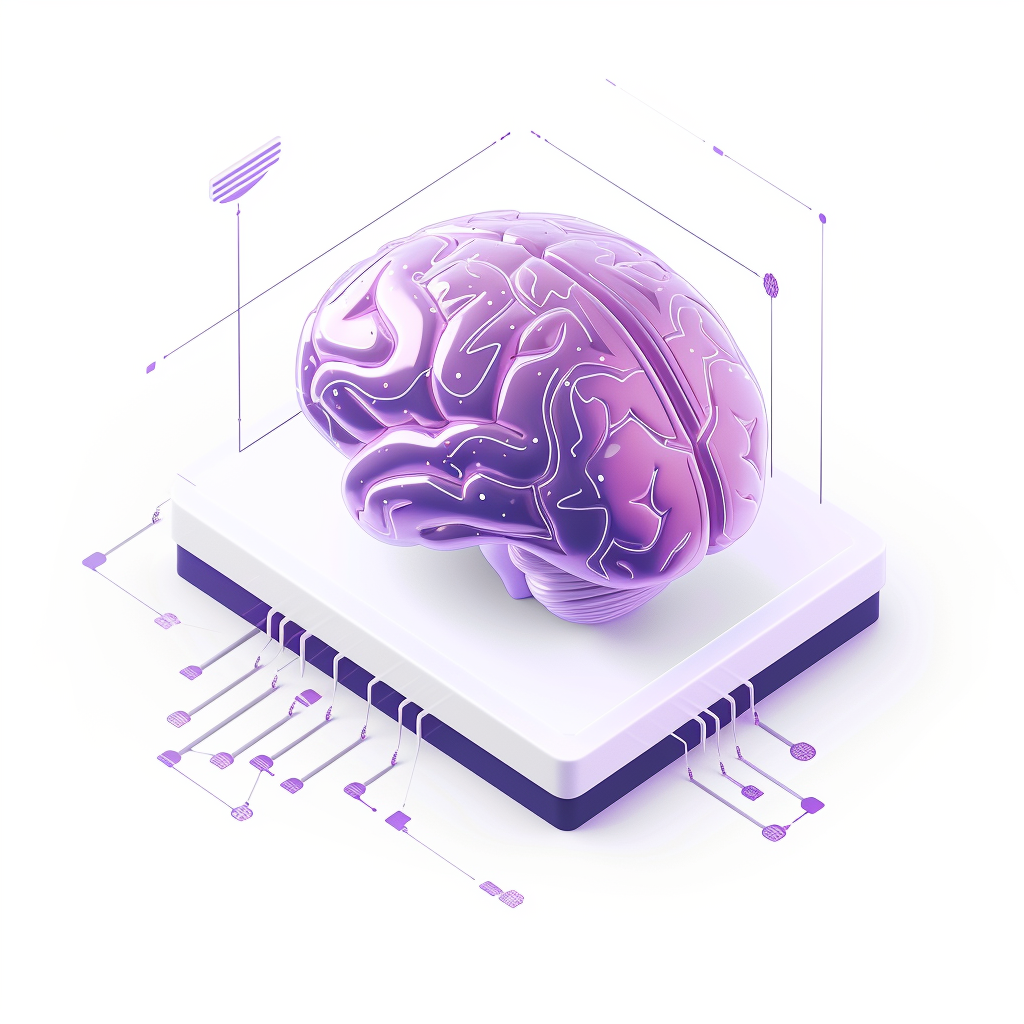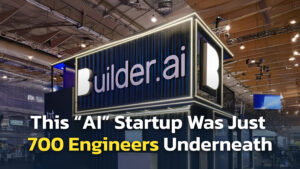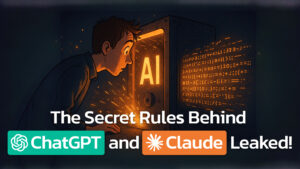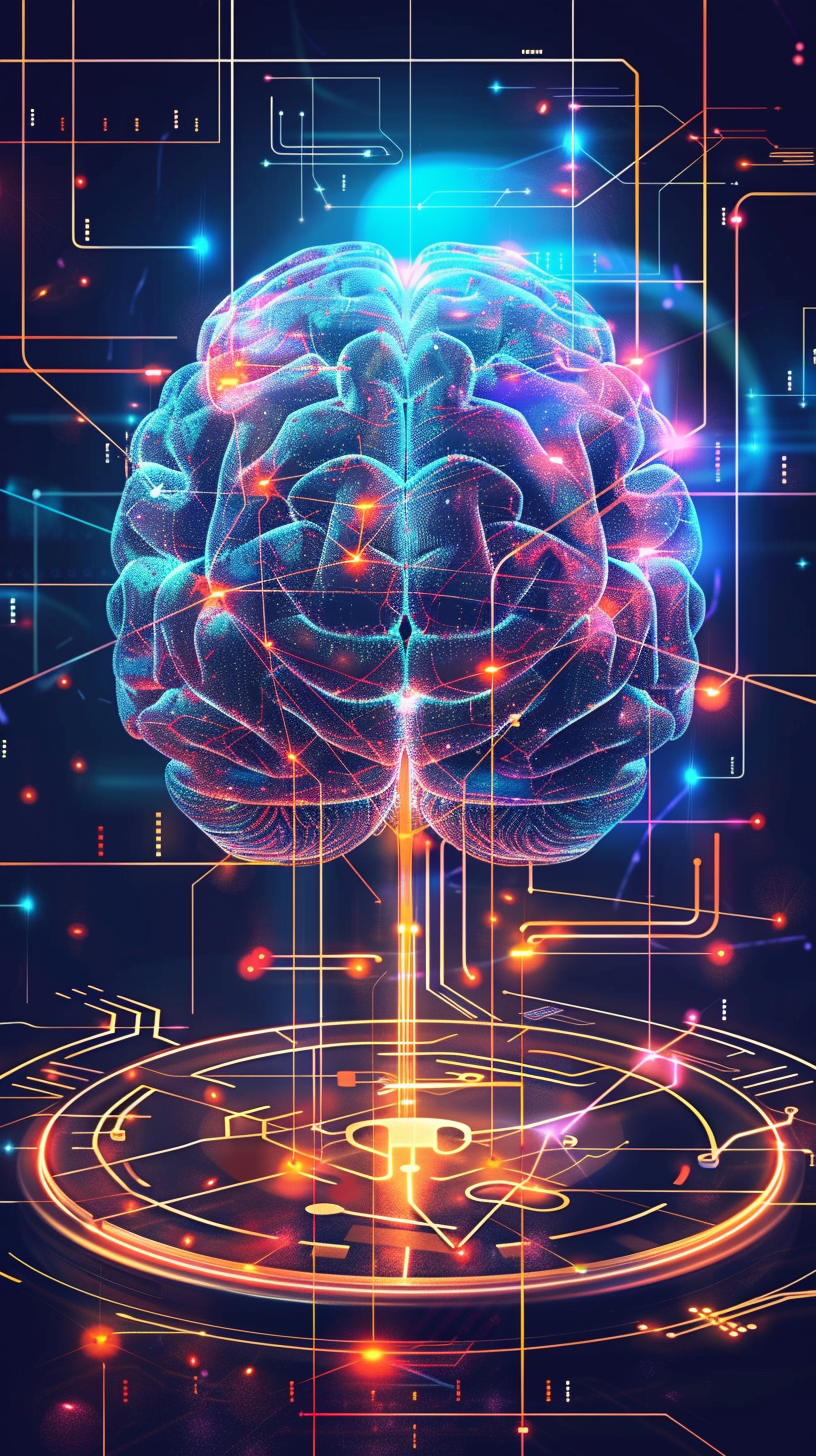At a time when schools across the U.S. are struggling to raise test scores, reduce stress, and retain good teachers, one private school in Austin, Texas, may have found the blueprint for the future — and it doesn’t involve hiring more staff or extending school hours.
Instead, it relies on something far more scalable: artificial intelligence.
Welcome to Alpha School — a private institution where students spend just two hours a day with an AI tutor, finish their academics by lunchtime, and consistently outperform their peers across the nation. The school has reimagined what learning can look like in the 21st century — and their results are drawing attention nationwide.
Let’s break down what makes their approach different, why it’s working, and how it reflects a larger shift happening in education.
A School Where AI Teaches & Kids Thrive
In most schools, students endure six to eight hours of class time, followed by homework and test prep at home. At Alpha School, it’s the opposite. Students finish their academic requirements in just two to three hours per day, guided by an AI-powered tutor and adaptive software.
Co-founder Mackenzie Price explained the model during a segment on Fox & Friends. “We use an AI tutor and adaptive apps to provide a completely personalized learning experience for all of our students,” she said. “And as a result, our students are learning faster, they’re learning better.”
This isn’t just marketing talk. According to Price, Alpha School students are now performing in the top 2% nationally — a dramatic improvement that would take years to reach through traditional means.
The secret? The school isn’t trying to force students into a rigid system — they’re letting technology adapt to the student instead.
Personalized Learning, Powered by AI
The AI tools at Alpha don’t just deliver the same content to everyone. Instead, they adjust based on real-time data — tracking each student’s pace, identifying problem areas, and adjusting difficulty accordingly. This kind of hyper-personalized learning simply isn’t possible in a traditional classroom of 25 students and one teacher.
And the effectiveness of this approach is backed by research. A study involving 1,800 K–12 students from underserved communities showed that when teachers used an AI co-pilot app, students were 4 percentage points more likely to master math topics compared to those in standard classrooms.
Beyond that, AI-driven personalization has been shown to improve knowledge retention by up to 30%, thanks to its ability to deliver just-in-time, adaptive content instead of relying on lectures or one-size-fits-all workbooks. As this report from ArtSmart highlights, AI doesn’t just make learning faster — it makes it stick.
This model is especially powerful for helping students stay engaged. Instead of zoning out in a long lecture, students interact with a responsive tutor that evolves as they do.
Traditional schooling often leaves students burned out and anxious. But Alpha’s students report a completely different experience.
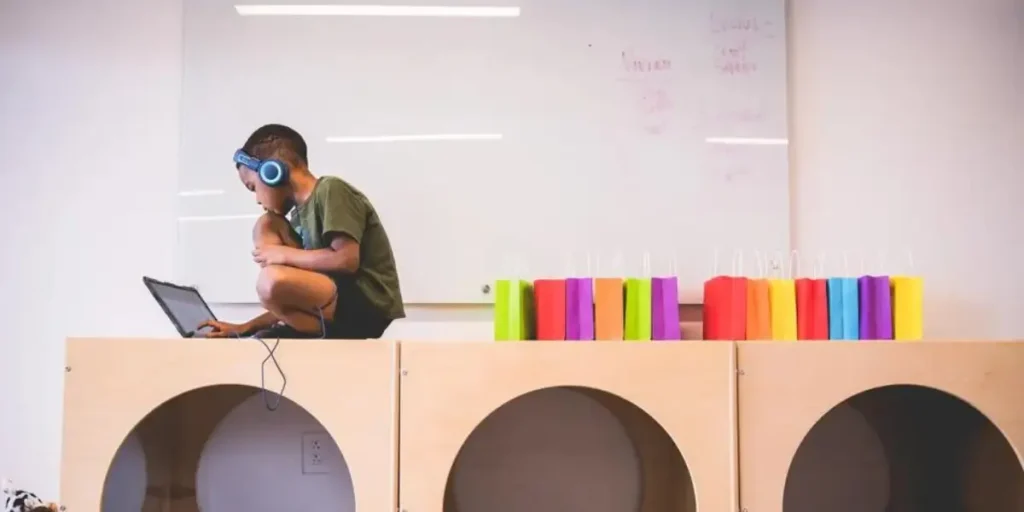
Elle Kristine, a junior at Alpha, described her experience in the same Fox interview. “I have a lot of friends at regular school, and every day after school, they’re doing so much homework, they’re stressed out, and just miserable,” she said. “We finish school in the morning and spend the rest of the day doing passion projects.”
In her case, that means building a safe AI-powered dating coach for teenagers — a project that would be virtually impossible to pursue in a traditional school setting.
These aren’t just isolated anecdotes. Studies show that student engagement can increase by 54% when AI is integrated into the classroom, as noted in recent education analytics.
More time, less stress, and space for creativity — that’s what education can look like when tech is used right.
Teachers Are Still Critical
One common concern with AI in classrooms is that it could replace human teachers. But Alpha School’s model suggests something much more interesting: AI frees teachers to focus on what humans do best — empathy, encouragement, and mentorship.
At Alpha, AI handles instruction, drills, and grading. Teachers, in turn, work closely with students to coach soft skills like public speaking, collaborationet emotional intelligence. As Price put it, “That is really the magic in our model.”
This reflects a national trend. Around 77% of teachers now use AI to help with lesson prep, admin tasks, or assessments, and over 50% actively rely on AI for planning and resource creation, according to Boterview.
Instead of replacing teachers, AI is shifting their role — from content delivery to human connection.
AI Education Is a Booming Industry
What’s happening at Alpha is part of a much larger transformation. AI is rapidly becoming a central tool in education — and investors are paying attention.
The AI in education market was worth an estimated $5.88 billion in 2024, and is expected to grow at a compound annual growth rate of 31.2%, hitting $32.27 billion by 2030, according to market research from AllAboutAI.
It’s not just schools adopting the tech. Nearly 89% of students already use tools like ChatGPT or similar platforms for studying or doing homework, as noted in the same ArtSmart survey.
And public school systems aren’t far behind. A growing number are testing teacher-light charter models, driven by AI and peer learning. While results are still mixed, one thing is clear: the appetite for AI-enhanced, scalable learning models is growing.
Traditional Schools Can’t Ignore This
The Alpha model doesn’t just represent an alternative — it’s setting a new standard.
Traditional schools, still anchored to fixed periods, mass testing, and rigid grade levels, are now being directly compared to AI-powered environments that offer better outcomes with less time and more student freedom.
And parents are noticing. As Price explained, “What we’re finding is that families want this personalized experience. It’s transforming the student experience — and the role of teachers, too.”
The implication is serious: if schools don’t adapt, they risk becoming obsolete relics of a system designed for a different century.
Conclusion
Alpha School’s success feels like a glimpse of what education could become — but it’s not a distant vision. It’s already happening.
Technology has already changed every industry it touches: Uber disrupted taxis, Airbnb changed hospitality, and now AI is doing the same in education. Schools that cling to old models will find themselves not just behind — but irrelevant.
This isn’t about gimmicks or flashy tech. The core value of AI in education is real personalization at scale — letting students learn at their own pace, explore what excites them, and develop confidence in both hard and soft skills.
Meanwhile, teachers — freed from repetitive tasks — can mentor, inspire, and support students on a human level. It’s a rebalancing of priorities, made possible by algorithms, but driven by people.
So, the question is no longer whether AI will be part of the classroom. The real question is: how long will it take for every school to catch up?

